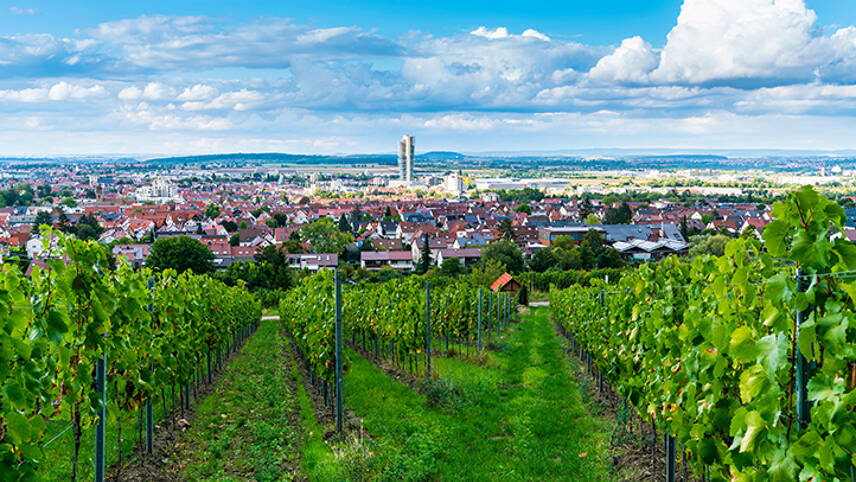Register for free and continue reading
Join our growing army of changemakers and get unlimited access to our premium content

Some developers set their own biodiversity net-gain targets out for some or all developments, but others have been waiting for the mandate
At the start of the year, the UK Government confirmed that developers will need to achieve 10% biodiversity net-gain (BNG) at all large domestic, commercial and mixed-use sites from this November. The BNG was first introduced as part of the Environment Act back in 2021.
The implementation of this mandate was first delayed amid the Covid-19 pandemic. Some developers set their own biodiversity net-gain targets out for some or all developments, but others have been waiting for the mandate.
The Government has this week told the BBC that the new legislation framework will no longer be implemented this year. The Government has since confirmed the 10% BNG target will come into force in January 2024. BNG for small sites will be applicable from April 2024, and implementation for Nationally Significant Infrastructure Projects is planned for 2025.
The decision, the latest in a week-long restructuring of green policies, has been met with disappointment.
The UK Green Buildings Council’s deputy chief executive Simon McWhirter said: “This is yet another blow to sustainable development and risks undermining national efforts to put the collapse of nature into reverse. Responsible developers large and small have been gearing up for this change for years, with many of our members creating dedicated jobs to deliver net gain from in-house consultants to designers, landscape architects and creative project leads. This will be exceptionally damaging for their projected work pipelines, investment, supply chains, and related job roles.
“As for the rollback on carbon policy last week, the industry needs certainty clarity and commitment in order to facilitate green investment and continue to make progress. Biodiversity net gain is no exception. The policy is essential for delivering our sector’s role in reversing nature’s decline and should not be delayed any further.”
Just last week UK Prime Minister Rishi Sunak confirmed a five-year delay on the ban on new petrol and diesel car sales. This was set for 2030 under Boris Johnson but will now be amended to 2035. This is aligned with dates in the EU and many US states. Since then, the Rosebank oil and gas field has been given the green light for extraction to start there.
The UK’s post-Brexit environment watchdog, the Office for Environmental Protection (OEP), has continuously warned that the nation is on course to miss every key nature and environmental policy target.
Some were already calling for the 10% BNG to be increased, but continue to be frustrated by the Government’s rollbacks on green policy.
The Wildlife and Countryside Link’s chief executive Dr Richard Benwell said: “Net gain has already been pared back to the bare minimum to offset the habitat harm caused by new development. For the market to help fund nature recovery, Local Authorities need the confidence to go beyond 10% gain and the means to monitor high standards of delivery. Many Authorities realise that going beyond the minimum is fundamental for nature and climate plans, but lack the resources and evidence they need”.
“Delays and further exemptions could strike at the foundations of this emerging market. This is especially true alongside the spate of delays and reversals in environmental policy, from net zero plans to attempts to weaken protection for rivers. Instead, Government should expedite net gain regulations, support Local Authorities that want to go beyond the statutory minimum, and dedicate further funding for the ecological experts needed to inform and enforce the policy.”


Please login or Register to leave a comment.